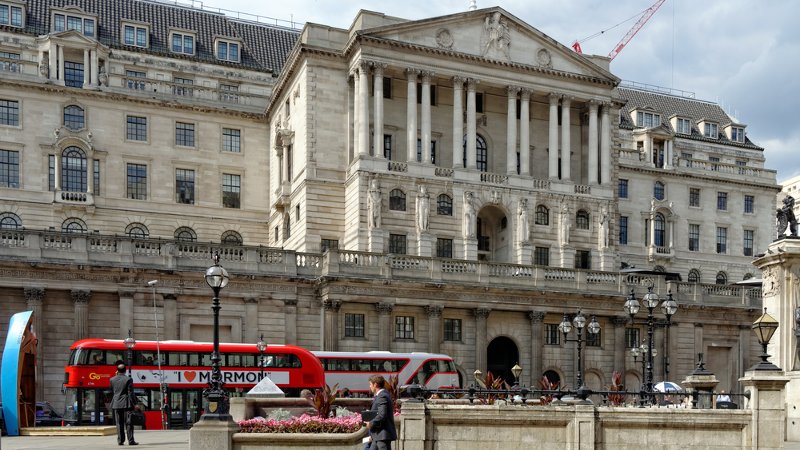The Bank held the base rate by 5-3 in June but since then Kristin Forbes, who voted for a rate rise, has left and been replaced by Silvana Tenreyro.

The Bank of England has voted to keep the base rate at 0.25% by six votes to two.
The Bank held the base rate by five to three in June but since then Kristin Forbes, who voted for a rate rise, has left and been replaced by Silvana Tenreyro.
The Bank minutes said: “GDP growth had been sluggish and was expected to remain so in the near term. With some business survey expectations balances having weakened, there remained the possibility of a further softening in activity.
“Weak data on car registrations and the housing market, together with the fall in consumer confidence, could signal weaker consumption than in the central projection.
“At the same time, increased domestic uncertainty was likely to act as a drag on investment, and there was a risk that this effect would be larger than had been assumed in the forecast.”
The Bank’s quantitative easing programme was also left unchanged.
Ishaan Malhi, chief executive and founder of online mortgage broker Trussle, said: “The Bank of England’s decision to hold interest rates has direct implications for every household, positive and negative.
“For existing homeowners, sustained low interest rates are good news because they keep mortgage repayments level.
“For those saving for a deposit, sustained low interest rates are bad news since their savings will continue to grow slowly.
“The glimmer of hope, particularly for first time buyers, is that housing prices have begun to slow making some areas that were previously unaffordable more accessible.”
Richard Sexton, director, said: “With the current political and economic uncertainty, it is not a question of if, but when will rates eventually rise.
“It’s interesting to consider that for many current mortgage holders, they have never experienced a rate rise and the impact of any payment shock is unknowable at this time.
“Low interest rates coupled with rising house prices have led to borrowers struggling to save deposits, and instead many are having to borrow larger amounts of money to get onto the housing ladder.”



